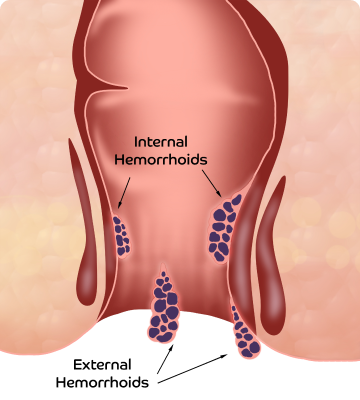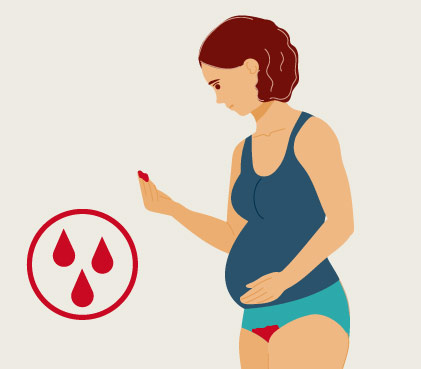What to expect after a D&C procedure?
Most women are discharged within a few hours after the D&C procedure. In case the gynecologist identifies any complications, she may be asked to stay overnight at the hospital.
A woman may experience mild cramping for the next few days after the procedure. However, the cramping should not last for more than 24 hours.
It is normal for light cramping and bleeding to occur for the next few days up to 2 weeks after a D&C procedure. After that, the doctor may suggest painkillers or Ibuprofen to treat the cramps associated with miscarriage treatment.
It is advisable not to insert anything into the vagina after the treatment. Do not douch or have sexual intercourse without consulting your doctor. If you want to resume intercourse, have a word with the gynecologist before doing so.
- Refrain from using tampons during the following period
- use sanitary napkins instead.
Your gynecologist is likely to give you the necessary self-care instructions on what to expect after a D&C. Ideally, the procedure is safe and does not require follow ups. But, in case you experience any of the following symptoms, get in touch with our healthcare provider immediately.
- Bleeding that lasts for more than 2 weeks
- Nausea and dizziness
- Constant abdomen pain
- Fever over 100.4 °F
- Unusually smelly and colored vaginal discharge
Can miscarriage be prevented?
Miscarriages cannot always be prevented. There is no medically reliable measure that can be taken to prevent miscarriages caused by genetic abnormalities. But, there are ways that can help a woman maintain a healthy pregnancy.
Schedule a preconception consultation – If you are planning to get pregnant, it is always advisable to start with expert advice and consultation from day one. Seek help and guidance from an experienced gynecologist or obstetrician. Tell about your medical history, your lifestyle, and any other health issues that you might have. Though skipping a preconception consultation will not increase the odds of suffering a miscarriage, having expert guidance can definitely increase your chances of having a healthy pregnancy.
- A well-balanced diet is a key – A well-balanced diet including a sufficient amount of vitamins, proteins and iron-rich food can prepare your body for a healthy pregnancy. Take vitamin and folic acid supplements
- they act as magic bullets for a healthy pregnancy. Load up on veggies and fresh fruits.
Avoid drugs, alcohol, and smoking – According to a study published by NCBI, the risk of miscarriage increases with smoking. The risk increases by 1 percent every day the woman smokes. Secondhand smoke exposure during pregnancy increases the risk of miscarriage by 11%. If a woman is planning to get pregnant, she should eliminate alcohol, smoking, and other recreational drugs.









.svg)









